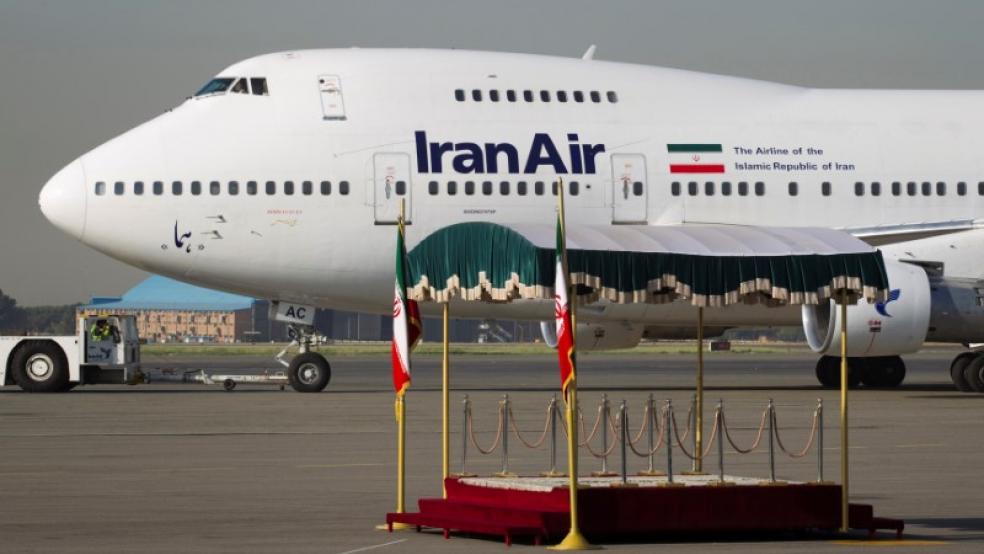NEW YORK (Reuters) - Boeing Co reported a smaller-than-expected second-quarter loss on Wednesday, cushioned by strong performances in its jetliner and defense businesses.The world's biggest plane maker warned last week it planned to take $3 billion in pretax charges related to its 787, 747 and KC-46 tanker aircraft programs.But the quarterly loss of 44 cents a share in so-called core results, which excludes some pension and other expenses, was less than half the 93-cent loss that analysts expected, on average, according to Thomson Reuters I/B/E/S.Analysts said Boeing produced more aircraft at higher operating profit margins. The company also notched down its full-year forecast by just $2.05 a share, significantly less than the after-tax charges of $3.23 a share. That suggested Boeing is confident that margins will stay firm in the second half, said Ken Herbert, analyst at Canaccord Genuity. Still, investors remained concerned about a cyclical downturn, a weak global economy and softening demand, factors other industrial companies cited in recent days."Boeing still faces a tough environment with increasing competition," said Jeff Windau, an analyst at Edward Jones in St. Louis. Boeing shares rose 3 percent in early trading, but by mid-afternoon they eased and were up 1.2 percent at $136.46 on the New York Stock Exchange.Boeing said its decision to slow down payments to suppliers this year was an important strategic move to align its payment processes with industry standards. Reuters reported the change on July 7. The shift has ruffled suppliers, including Rockwell Collins Inc and GKN Plc , which noted it recently. Boeing declined to say whether the change had contributed to an 11 percent rise in its cash to $9.3 billion in the quarter, or how it might affect cash generation in the future."This is not a one-time event or implementation," Chief Executive Officer Dennis Muilenburg said in response to questions on a conference call. "We see this as a key element of our longer-term cash growth plan and consistent with our plans for the business to grow cash year over year."Muilenburg also said Boeing would rather curb production than cut prices for twin-aisle aircraft to deal with slowing demand. The company "clearly has work to do" to sell 40 of its 777s this year, having only sold eight so far, he said."If those orders don't materialize, we're going to keep a close eye on our production plans and make sure supply and demand remain in balance," he said.But he added: "We don't need to make drastic changes to pricing in order to capture market share. In the wide-body market, even though we're seeing hesitation in buying, the value proposition is holding up well." Boeing lifted production of 787s to 12 a month in the quarter, sooner than expected, but has not set a date for boosting output to the next target level of 14 a month.Boeing's results reflected better profitability in its defense, space and security business. While revenue in the unit fell 5 percent, profit rose 9 percent. Margins at the commercial airplanes unit widened to 10.3 percent, excluding the one-time charges, versus 7.1 percent a year ago. Defense margins widened to 8.3 percent, with the tanker charge included, from 7.2 percent. Deliveries of twin-aisle 787s and 777s rose 12 percent and 8 percent, respectively, in the quarter. But the company is delivering fewer 737s as it begins production of the successor 737 MAX jet.Those deliveries are expected to rise next year once the new plane is certified and begins service. That is now expected in the first half, rather than the third quarter as targeted previously. (Additional reporting by Sweta Singh in Bengaluru; Editing by Sriraj Kalluvila and Jeffrey Benkoe)

